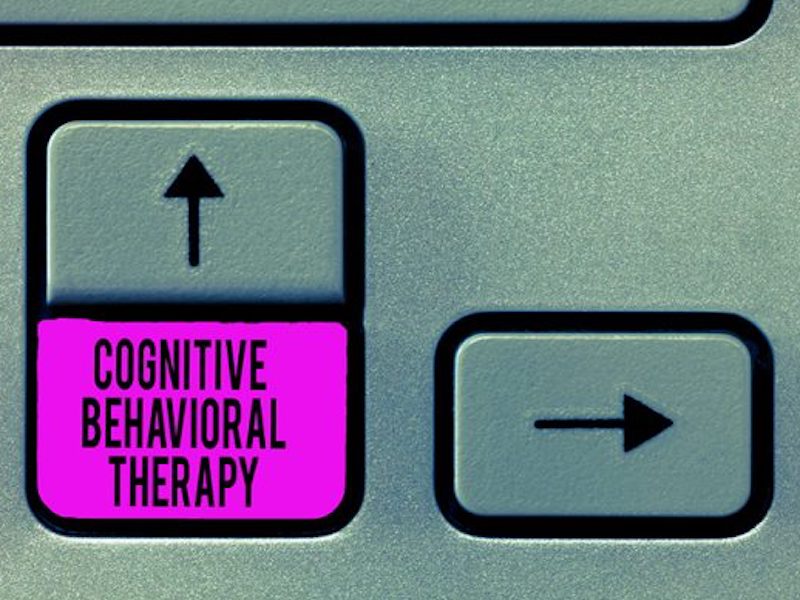

Internet-based programs are the future of mental-health therapy, according to Peter Gove, the former innovation leader in health management at Green Shield Canada, speaking during a session at Benefits Canada’s 2019 Toronto Mental Health Summit on Nov. 29.
“Cognitive behavioural therapy is probably the most adaptable therapy to a digital environment because it’s very manualized — you can take those manuals, digitize and apply them. Other types of therapies, like inter-personal therapy, are harder to bring into a digital environment.”
In CBT, thought patterns typically fit into one of a number of schemas, noted Gove. Catastrophizing, common among those dealing with depression, is when someone assumes the worst is going to happen and doesn’t consider other, more realistic possibilities. Further, in social anxiety, a fairly common pattern is mind-reading, which is when someone assumes the person they’re interacting with is thinking negatively about them with no substantive evidence.
Read: Editorial: Navigating perceived gap between online, in-person health care
Gove also discussed different types of online mental-health tools: unguided therapy, where the patient accesses a website and works through the programs on their own; therapist-guided therapy, where the patient works through online content and then works with their therapist via Skype or text in a session-based manner; and the asynchronous approach, where a patient works through their material online, texting or emailing their therapist when they need help, and the therapist responds in whatever medium the service standard mandates.
These treatments are standardized, evidence-based and largely high quality, said Gove. “In our business, when someone goes to see a psychologist and they make a claim, . . . we pay that claim, but we don’t know what the person gets. With these, you know what the person gets. They all measure, so you know if your folks are improving. If you’re a plan sponsor, you can ask the provider to show you their data on who’s getting better and who’s not.”
According to Gove, only about 17 per cent of psychologists actually measure patient results. However, measuring can actually double positive outcomes and reduce the amount of people getting worse, he added.
Read: Green Shield Canada, Morneau Shepell introducing online cognitive behavioural therapy
Further, these internet-based therapies are cost-efficient, since a patient can receive a full course of treatment, depending on what’s been negotiated, within the $500 range, noted Gove. The traditional cost of CBT is around $200 a session, so if a person requires 16 sessions, on average, they’re paying up to $3,200.
However, internet therapies aren’t without controversy. CBT professionals tend to think technique is most important, casting their relationship with the patient as secondary, he said, noting patients sometimes inquire whether they’re dealing with an artificial robot or human being.
Another issue is the high levels of drop-out rates for digital programs. For those who are guided with a therapist in the background, the completion rate is much higher — not as high as face-to-face, added Gove, but much higher than the unguided sessions.
Read: Work-focused CBT can help depressed employees remain on the job
If an employer is interested in adopting an internet-based therapy, a very thorough upfront assessment is crucial, he said. These programs follow algorithms for treating specific disorders and the right diagnosis is necessary in order to receive the correct treatment algorithm.
Will these internet therapies reduce anti-depressant spend? Probably not, noted Gove, as anti-depressant spend is continuing to track up. Will they lower absenteeism in the workplace? Evidence suggests a high-quality CBT program will reduce employee absences to a certain extent. Will they reduce disability? Probably not, he said. Generally, research suggests that offering CBT regularly to people who are away from work doesn’t improve return-to-work outcomes.
Read more coverage of the 2019 Toronto Mental Health Summit
